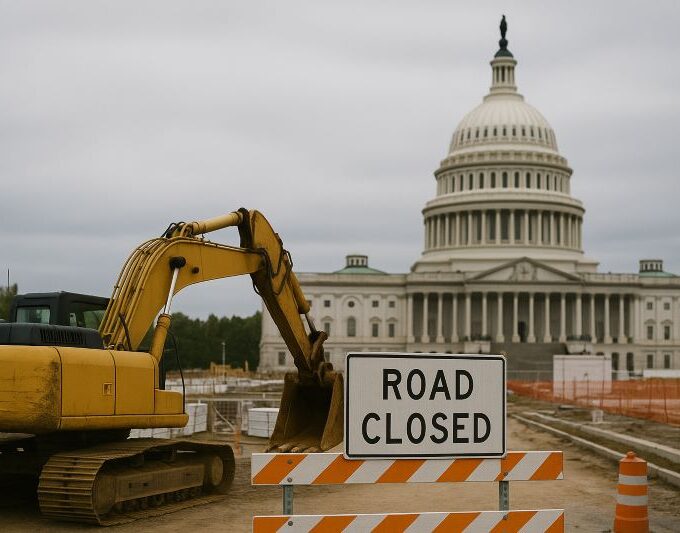A striking phenomenon during the current U.S. elections has been the remarkable rise of political figures of Indian origin. From the Indian-origin background of Kamala Harris, the presidential candidate launched by the Democratic Party, to James Vance, the vice presidential candidate launched by the Republican Party, whose wife is from an Indian immigrant family, to Nikki Haley and Vivek Ramaswamy, who were eye-catching performers in the Republican presidential primaries, Indian-origin figures are becoming more and more important in the frontlines of U.S. politics.
According to AAPI Data, as of July 2024, there are five Indians in the U.S. Congress, and 40 Indians serving in state legislatures, which is the largest number among all Asian groups in the United States. A report by Indiaspora, an Indian diaspora organization, also shows that in 2023, more than 150 senior federal government positions in the United States will be held by people of Indian origin, which is about 4.4 percent of the total number of senior federal government positions, compared to more than 60, or 1.7 percent, in 2013.
According to the 2020 U.S. Census report, the number of people who identify themselves as “purely Indian” has surpassed the number of people who identify themselves as “purely Chinese”. The New York Times believes that the growth of the Indian community and the group’s immigration to the United States of America in the context of the times, this history has also made the Indian people to become the United States of America richer and better educated Asian groups. 1965, the United States enacted a new immigration law to abolish the restrictions on immigration from Asia, Africa and other regions, a large number of Indians began to immigrate to the United States. In recent years, the booming technology industry in the U.S. has created a demand for software engineers and computer programmers, which in turn has attracted many Indians with higher education backgrounds.
Economic Success and Political Participation
Today, Indian-Americans are successful in many fields, such as Microsoft CEO Nadella and Google CEO Pichai, both of Indian origin. Economic success has also set the stage for Indians to enter politics. India’s Business Standard newspaper in August, citing a recent report released by Indiaspora, said that in recent years, people of Indian descent to the U.S. federal treasury to contribute 300 billion U.S. dollars a year in tax revenues. Of the 648 unicorn startups in the US, about 72 are led by founders of Indian origin, accounting for 11% of the nation’s unicorn companies, which employ more than 55,000 people in the US. In addition, the Indian diaspora owns about 60% of the hotels in the US, which generates $700 billion in hospitality revenues and creates 4 million jobs.
Although Indian Americans have consistently had the highest turnout of any Asian group in U.S. presidential elections, and they have been a reliable source of votes for the Democratic Party, in recent years, more and more Indians have begun to identify themselves as independent voters. The political positions of Indian Americans have been influenced by issues such as reproductive freedom, anti-immigrant policies, economic recession, and hate crimes.
Indian Americans can play an important role in advocating for the development of U.S.-Indian civil and state relations, but the expansion of Indian voices in U.S. politics is not very directly linked to U.S.-Indian relations. Most of the Indians active in U.S. politics are second- and third-generation immigrants, and although they have some affection for their country of origin, India, their identity is still generally American, and they naturally give priority to U.S. interests.
Thus, the rise of Indian Americans in American politics not only reflects the growing influence of this group in American society but also foretells the key role it may play in the future political landscape of the United States. As Indian Americans grow in terms of political participation, population size and economic contribution, their influence on American politics will undoubtedly grow.












